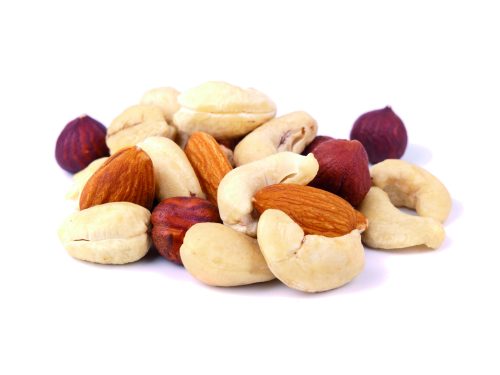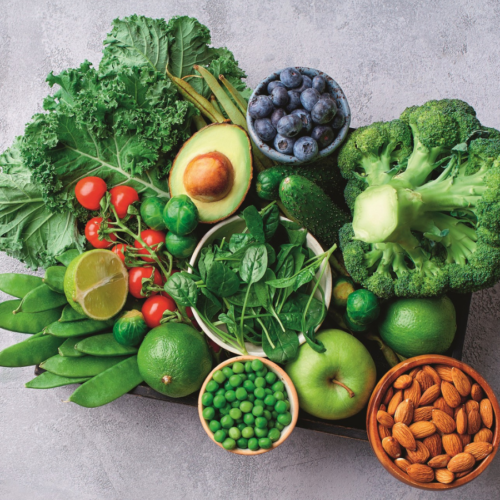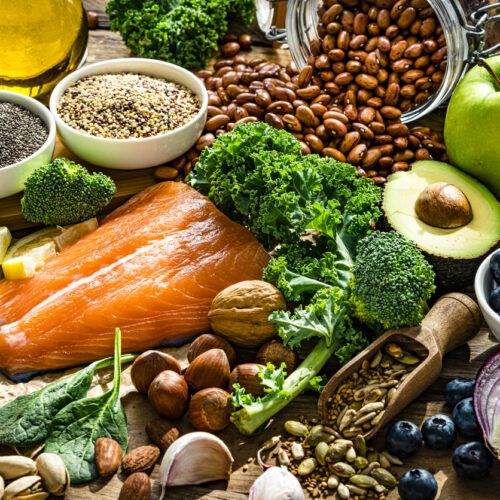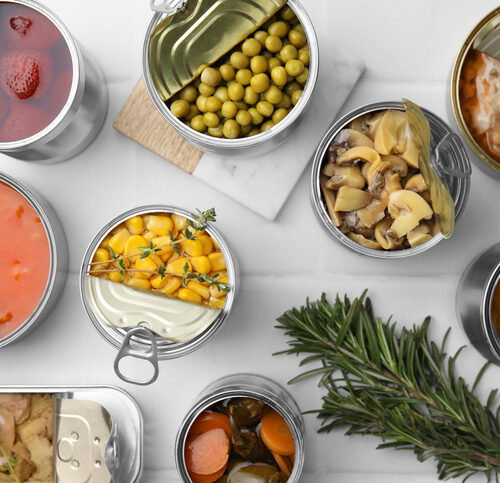
Why fibre?
One of the important functions of fibre is for bowel health and regularity of bowel movements, but higher fibre diets are also associated with reduced risk of diabetes, heart disease and some cancers. Foods high in fibre tend to be lower in energy, and because fibre slows the rate of digestion, it helps us to feel full, which is great for weight control.
How much?
Adults
For an adequate daily fibre intake:
- Women 25g
- Men 30g
The suggested dietary targets for optimal health, however, are 28g for women and 38g for men.
Children
The old rule of thumb for kids’ fibre needs (in grams) was to add five to their age, but with the latest dietary recommendations, add 10 to the child’s age.
Food sources
Fibre is found in plant foods: fruits, vegetables, legumes, breads and cereals. Leaving the skin on vegetables and eating wholegrain cereals helps boost fibre intake.
Each of these food quantities will give you around 4g of fibre
- 3/4 cup cooked broccoli
- 2 bananas
- 1/2 cup mixed nuts
- 1/2 cup
- corn kernels
- 150g potato in skin (large potato)
Did you know? When last measured, the mean daily fibre intake for New Zealanders was considerably less than recommended at just 24g for men and 18g for women.
www.healthyfood.com










